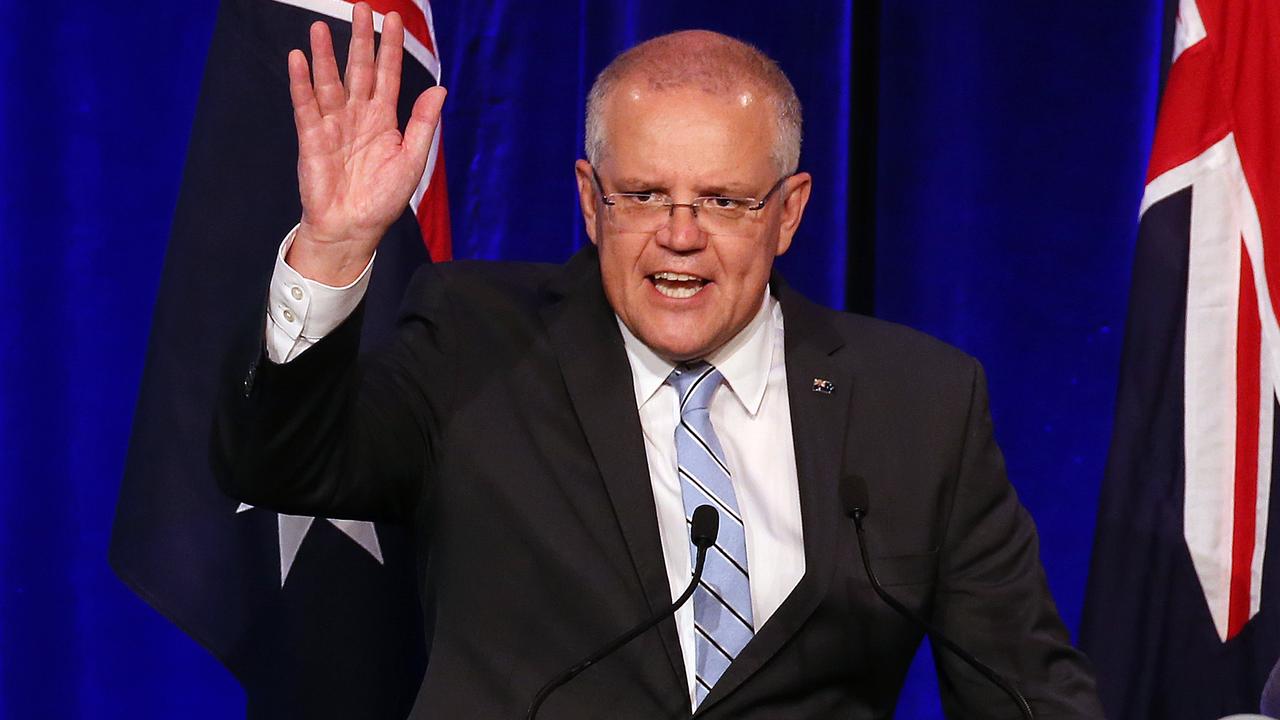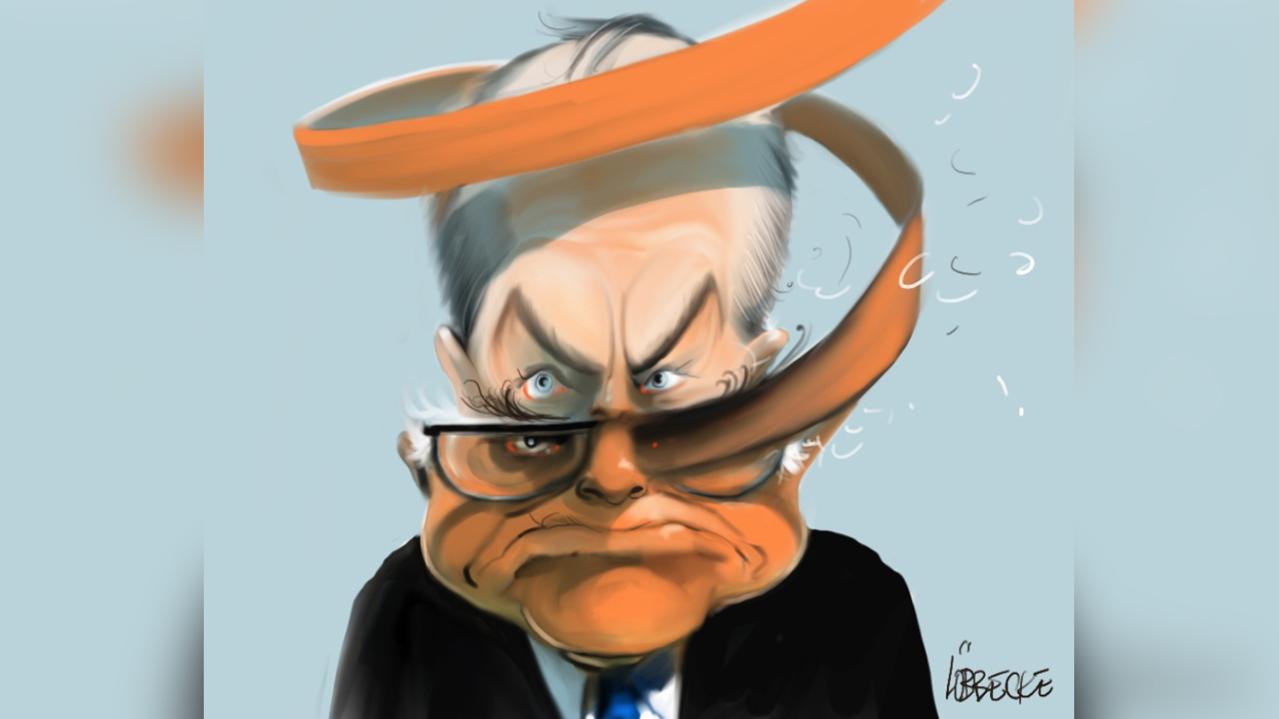Israel Folau has a right to free speech on social media

The CEO of Rugby Australia issuing an edict that players are only to use social media in a respectful way — an indirect reprimand of Israel Folau for his comment that gays will go to hell — highlights the problem of applying subjective criteria to such a vast platform.
I’ve previously condemned what Folau said, simultaneously with noting that he shouldn’t be formally sanctioned. Fortunately he wasn’t. Equally, while I accept he has a right to express his religious views, even views which Rugby Australia doesn’t like or finds harmful to its “brand”, that same right applies to his critics who can fire back with retorts.
We have seen other players take to social media to condemn Folau’s comments, which could just as easily be viewed through the prism of social media engagement which isn’t “respectful”. It speaks to why it’s better to let the medium operate as intended, providing for frank and fearless dialogues between parties, including comments and opinions, albeit with principles of free speech and laws regarding defamation and discrimination applied so that any inappropriate conduct is pulled into line.
The whole point of social media is that people can use it to freely express themselves, about any issue, in quick time, often speaking without the filters that have long existed via traditional platforms. For most people that’s liberating, even if the by-product of liberation is putting up with the odd troll or unpleasant type who abuses the trust of the platform.
While extreme forms of derision or comments on social media platforms can always carry formal sanctions, such sanctioning by an employer should only happen in the most extreme of circumstances. The first rule of thumb should be to respect people’s right to express themselves.
After all, ignorance can be bliss: you don’t need to be on social media, you don’t need to follow particular people, and you can block or mute those who you never want to accidentally stumble across.
Like or loathe Folau’s comments we should always err on the side of free speech, even if his employer (Rugby Australia) finds his comments harmful to their brand. It’s a principle worth respecting to the point of occasional comments which don’t represent robot like adherence to particular ways of thinking.
Peter van Onselen is a professor of politics at the University of Western Australia.





To join the conversation, please log in. Don't have an account? Register
Join the conversation, you are commenting as Logout